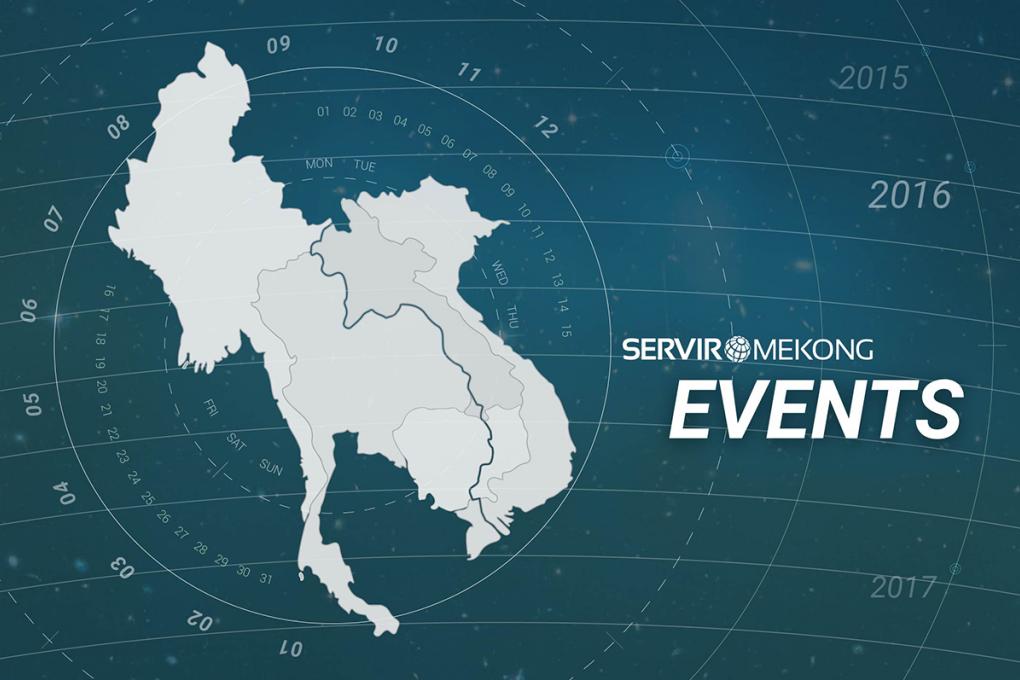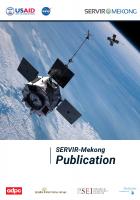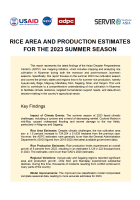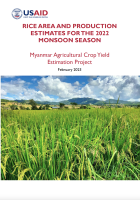Regional Training: Lidar Data processing for biomass estimation
This one-week training aims to build the basic skills for Lidar data processing and to enable participants to better understand the opportunities and limitations of using Lidar data for estimating biomass Experience from Nepal and their ongoing work with integrating Lidar data for biomass modeling will be shared in order to initiate discussion on potential replication in the region.

The analysis of biomass through a combination of remotely sensed and field data has been gaining increasing interest, due to the GHG-reporting requirements under the UNFCCC and in particular the Reducing Emissions from Deforestation and Forest Degradation (REDD+) Framework, as well as the need to conserve and increase forest carbon stocks in Non Annex 1 countries.
Advances in climate change research and remote sensing methods have contributed to the increased interest by forestry agencies in the Mekong region to build capacity to utilize various data sources to improve their biomass estimates from the forestry sector.
Light Detection and Ranging (Lidar) data is of particular interest as it provides three-dimensional information on the vegetation structure that can be regressed against plot-level above ground measurements of biomass to provide biomass estimates. In addition, there are number of published IPCCcompliant biomass estimates deriving from integrating airborne Lidar data and field data, that can be used for testing and modifying in different landscapes. However, when using tree height estimated with Lidar, elements such as forest type, tree age, speciation etc., need to be considered and understood in order to improve the estimates of forest biomass.
Contact Information









